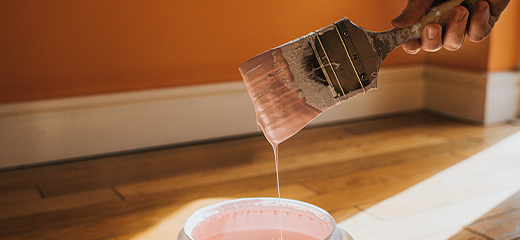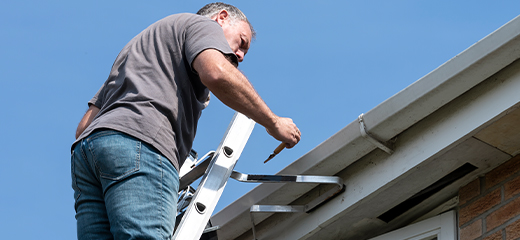
Guide to home inspections
Keeping your home in good condition is an essential part of protecting and growing what is one of the biggest investments you'll make in your life. However, if you're not experienced in the architectural or construction industry, it can be difficult to identify problem areas or know exactly the maintenance your home needs.
This is just one of the advantages of getting a professional home inspection. Unlike a contractor who might be more interested in making a sale, an independent and suitably qualified home inspector will be able to provide you with an objective assessment of the health of your property, including existing problems, upcoming maintenance requirements and the projected costs of repair. This information can then be used in your engagements with contractors to make sure you are getting the best value for money.
How does a home inspection work?
According to the home and building inspection experts at Housecheck, a property assessment should be conducted every 5 years to ensure the home remains in good condition. The average site inspection takes between 2 and 3 hours depending on the size and condition of the property.

During the inspection, all accessible areas of the property and structures are assessed, and the condition of all components are documented.
This includes:
- Roof covering and waterproofing
- Roof structures
- Condition of walls, floors, doors, windows, cupboards, sanitaryware and other interior installations
- Observed defects in the electrical, plumbing and drainage systems
- Observed defects in the fire, safety and intruder control systems installed
- Stormwater management issues
- Condition of boundary and retaining walls and garden structures
- Paving
- Swimming pools
- Health defects such as mould
- Compliance: Building regulations and standards
Following the inspection, a comprehensive report is compiled that provides an overview of the condition of the property as well as in-depth information on each section of the home including identified defects, an evaluation of the nature of each defect, illustrative photographs, and cost estimates for repairs.
Information is power
With the home inspection report in hand, you will be able to establish the health of your home, prioritise your home maintenance, budget effectively for any high-cost repairs, and negotiate knowledgeably with contractors.
Importantly, you will be able to embark on preventative and just-in-time maintenance. And by proactively addressing maintenance needs before they escalate into large problems that could compromise structural integrity and the health of loved ones, you will significantly reduce your home's running and maintenance costs.
Homeowners should also use the home inspection report in their conversations with their insurers to right-size homeowners insurance policies and make sure that any storm damage or act of nature claims will not be rejected due to lack of maintenance or poor condition of the property. What's more, some insurance companies will reduce your monthly premiums if the report comes from a reputable company and states that the home is in good condition.









